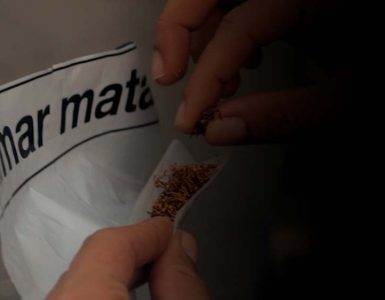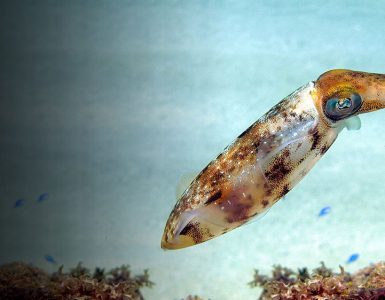In a recent study, Ada Gabriel and his research team discovered that Levamisole has an antihelminth property that is effective in deworming the dogs; however, some dogs were resistant to the drug. The study published in the American Journal of Biochemistry and Molecular Biology emphasized the application of the McMaster method for the researchers to investigate the efficacy and resistance of a specific anti-parasitic therapy.
Levamisole, a cholinomimetic anthelmintic belongs to the imidazothiazoles group that interferes with the neuromuscular activity of the parasitic organism; however, the mechanism of action is specific and selective. The parasitic infection among livestock is a common problem that thrives to affect human health. The dosage form of the drug varies; however, the incorrect amount administered may lead to toxicity especially in the animal protein intake.
The research team reported that the drug is effective against a wide variety of nematode speciesfor example Trichostrongylus ostertagia, Dictyocaulus, Haemonchus, Strongylus, Strongyloides, Rhabditis, Ascaris, Toxocara and Dirofilaria species, especially in dogs and canines. Gabriel reported, “ the levamisole paralysis the parasitic worm and interferes with the metabolic activity through continuous stimulation of nicotinicacetylcholine receptor agonist (cholinomimetic).”
The efficacy of the drug enables the use in multiple therapies such as dog’s colon cancer and repurposing in the medical field for proper drug profiling. The corresponding author said, “filarial mortality estimated was 60% due to levamisole.” Therefore, the study established that for effective control of hookworm and Toxocara in dogs, deworming should be conducted at the beginning, middle and end of the season orally (8 mg kgG-1 b.wt). Nevertheless, only coccidia organisms presented resistance against the drug.
Source Story
Ada Gabriel, Yusuf Peter Ofemile and Ameh Matthew Philip, 2020. Levamisole efficacy on the helminths of dog in national veterinary research institute vom (NVRI) environment. Am. J. Biochem. Mol. Biol., 10: 45-50.
















Add comment